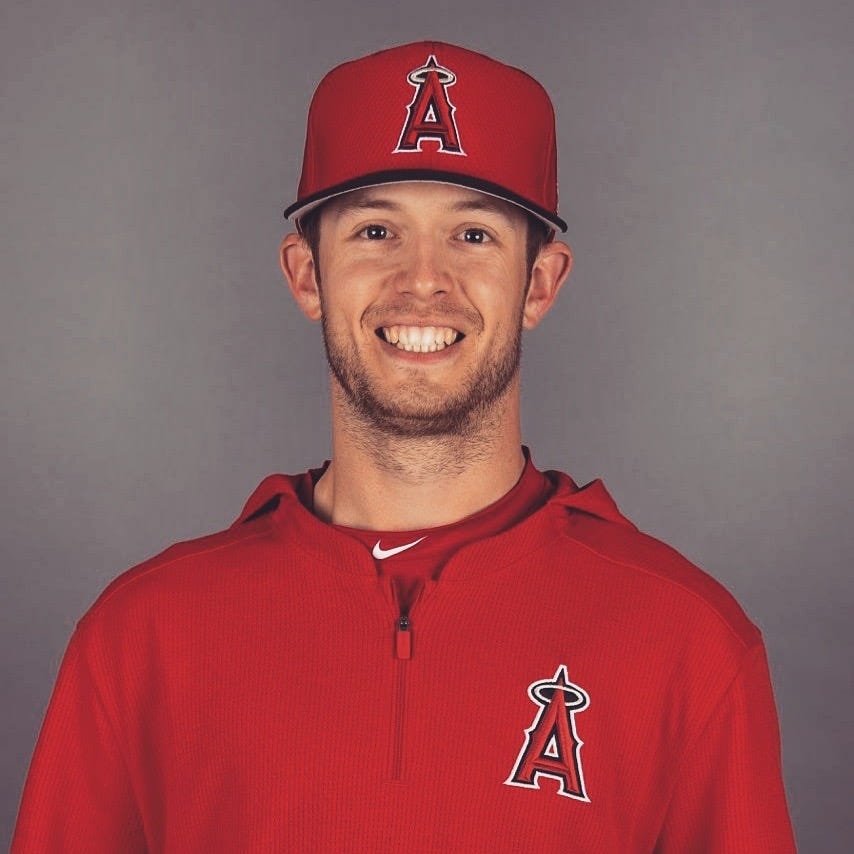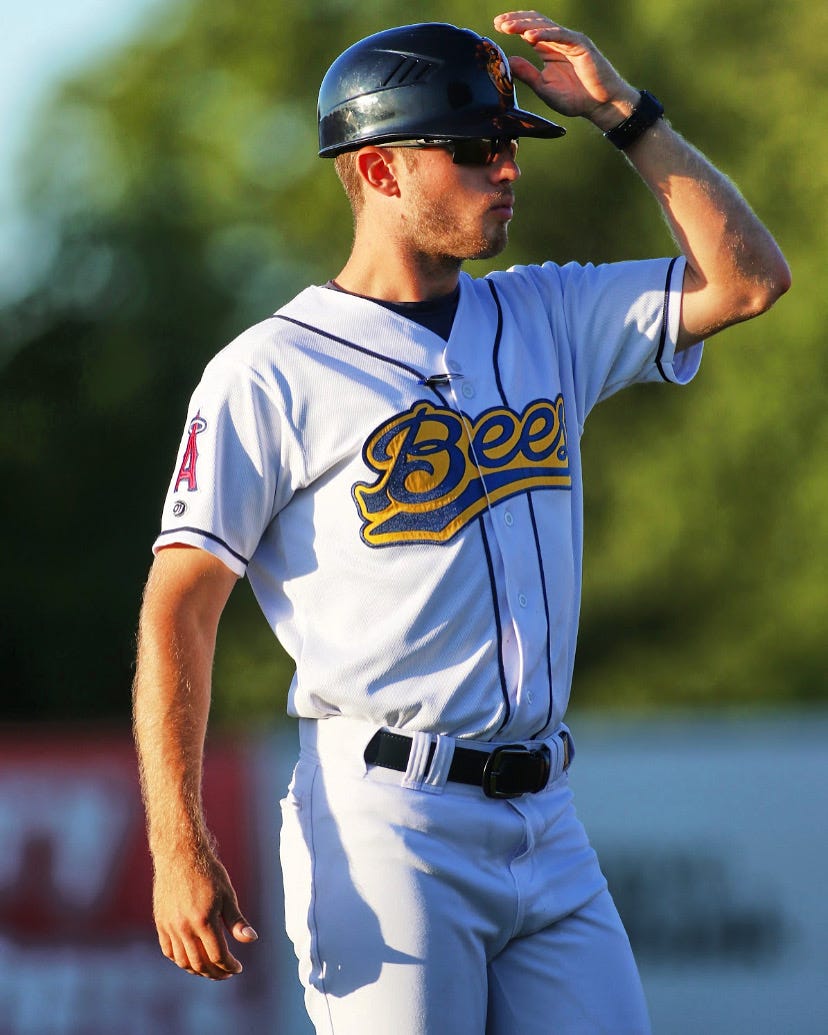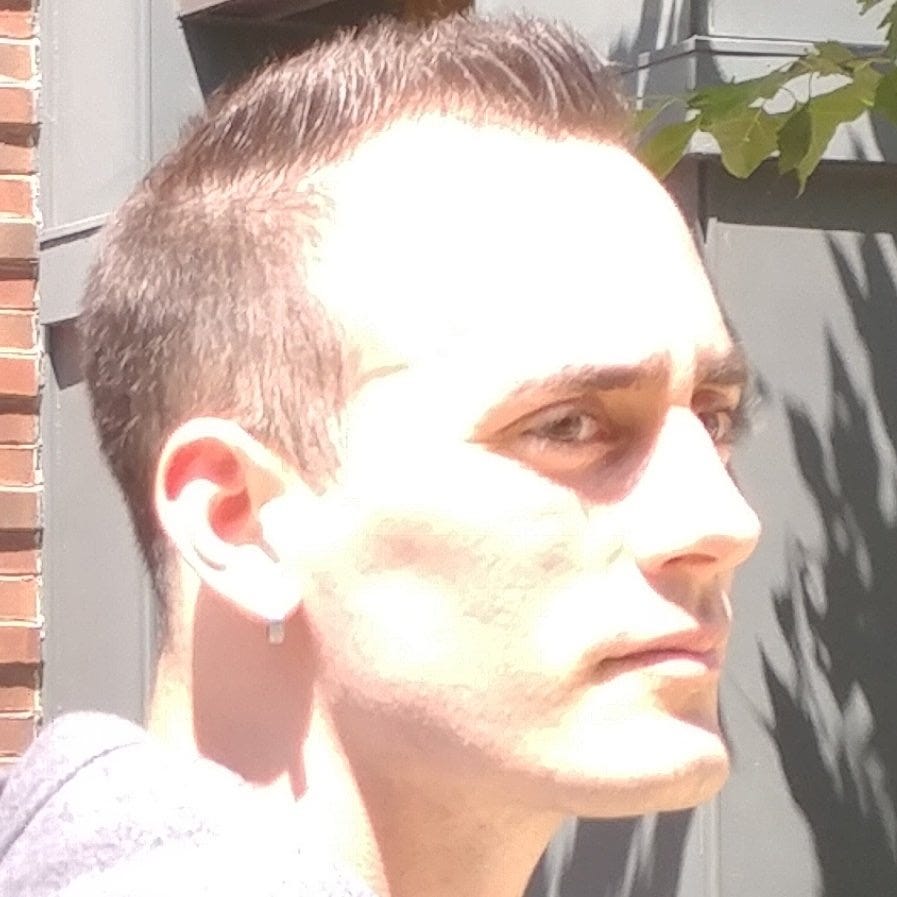Leaders Are Made Not Born
We are not born with leadership skills. Like all skills, practice is required for us to get better. We look back on 2020 & the 29 editions of The Physical Movement and some perspectives on leadership.
Every Sunday I share an email called The Physical Movement discussing leadership around youth sports & fitness. If you would like to receive it directly in your inbox, subscribe now.
Good morning friends,
All of us have been impacted by the events of 2020 to a significant degree and I hope that this finds you well, safe, healthy and strong as we head into a very peculiar holiday season.
For many years I have tried to practice gratitude daily. The times that I don’t, I find my stress levels go up and overall wellbeing declines.
With the spirit of gratitude, I wanted to thank you for being on this journey with The Physical Movement for part, or all of the last 29 weeks.
On May 24, I launched The Physical Movement in support of all those involved youth sports. Since that time, I have published interviews and articles around leadership. The articles have been targeting all stakeholders, from coaches to parents, officials, and athletes. Most of us are volunteers and the purpose was to create a hub and/or resource to draw on so we can all be better.
Throughout my career, I have subscribed to the credo of knowledge is power. The ability to apply that knowledge and develop skills creates the leader.
The debate of leaders being made versus born has been brewing for some time. While the consensus seems to be (Colin Powell, Vince Lombardi, John Maxwell) that leaders are indeed born, I think the case can be made that DNA has something to do with it as well. Meaning that some are predisposed to leadership.
Regardless of which side of the debate you are on, the reality is that leadership is a choice, and requires practice in order for it to be developed.
Leadership is a skill, and like any skill, requires practice to get better.
While there are thousands of books on leadership, the bottom line is we must understand how to apply these lessons in order for benefit to occur.
This is where The Physical Movement comes in.
A resource for youth sport stakeholders that provides examples of leadership, that covers topics not always covered in coaching clinics and certifications. The Physical Movement content out to our subscribers is then hosted on the website and archived. It is meant to be a resource in developing best practices.
So that is what I did.
I drew from a number of resources.
· My 45 years as an athlete, coach, teacher and businessperson have the common denominator of constantly trying to be better for those I serve.
I have documented some of those learnings, but I also wanted to explore other perspectives.
· I interviewed some fascinating folks, both very experienced to just starting out in their coaching careers. All with different perspectives and takeaways.
· Covered topics that don’t seem to get a lot of attention in youth sports but are critically important, from the mental and physical health of all concerned, to best practices in working with our kids, our athletes, our coaches, our officials and volunteers.
With all of this in mind, why don’t we review some of those best practices shared in our first 29 editions. Yes, one of those “best of” compilations!
From the area of coaching and leadership, I was very lucky to spend some time with some fascinating teachers, who have made a mark in sport leadership. (So many of these learnings apply not only to the coach, but parent, athlete, official and volunteer administrator).
We launched The Physical Movement on May 24 with a terrific interview with Jerry Weinstein.
Jerry has been in baseball for 60 years. Yes 60. From his original lessons from the great John Wooden at UCLA to coaching at the collegiate, pro and international level, Jerry’s insights were terrific. For a first interview, this was quite the baptism. It was after this interview I moved to recording the others, because I could not keep up with the writing of notes from our conversation.
Some of the awesome takeaways, in addition to the experience of auditing Coach Wooden’s practices at UCLA (only one of the greatest coaches of all time), included:
· Coach Weinstein’s take on ongoing learning:
“Coaches and teachers with the most information wins. So many things change so rapidly, it is to our advantage as teachers to have the most information possible. In baseball, for example, analytics have become highly valued in baseball (and other sports) in the last 3-4 years. There is real data here that can help us be better coaches. That does not mean that everything we measure is meaningful and not everything meaningful can be measured. But this is a priority in baseball right now, so why not use it?”
· Even over the phone, Coach Weinstein was an elite communicator. I describe this in the article:
“The first thing that comes across in talking to Jerry is his ability to communicate is very clear. He is friendly, he is open, he is gracious, very humble, but most of all he communicates very well. Very quickly, it becomes obvious that Jerry not only takes great pride in building a knowledge base, but also has developed some excellent communication skills.”
· On his development of his passion for coaching and teaching. Coach W described how this came from a little league coach. This speaks to the power of influence and role modelling that we have. That influence sparked a 60 year career.
From the article:
“It started from a very young age and with a passion for the game of baseball. Most, not all, but most successful people in any walk of life need a passion for what they do. I played other sports, but baseball became my passion. In little league I had a coach named Murray Burke, a Korean war veteran who was a very positive influence on me.
This is important, I think. for young coaches, teachers and parents to realize that there is a great opportunity to make an impact on young person’s life. Often, it seems that we don’t acknowledge this, yet coaches/teachers often spend more concentrated time with kids that their parents do. The experiences at a young age can shape and influence lives for years to come. That was the case with me, where experiences I had created a passion for the game that has endured over a lifetime.”
· The role of embracing the journey in his storied career. When asked about the most enjoyable part of his coaching career, Coach Weinstein responded:
“When I look back, I think the entire experience little league through Olympic athletes to college to the professional ranks. The buses, the practices, the people, the game. Every day has been rewarding. The entire journey stands out. Not one event but the entire journey”.
Although the first article in The Physical Movement, this was one of the most powerful. I did not know Jerry Weinstein prior to approaching him. He was gracious and humble. Like all of the guests, I felt I could have talked to him for hours.
The entire article with Coach Jerry Weinstein is here.
Within this same topic of coaching, leadership and lifetime of service, I also really enjoyed our conversation with Frank Fascia.
Frank is a business leader, long time coach, volunteer and administrator in Brampton, just outside of Toronto. Frank also is devoted family man who has successfully guided his 3 sons through their young life.
Some of the key takeaways from our conversation with Frank include:
· His commitment to making volunteerism being a positive experience for those involved.
From the article:
“That is what drives me as an administrator of a volunteer organization. Because it is so hard to attract volunteers, my goal is to create as much of a positive experience as possible for a volunteer coach. That is a very difficult task.
Many of my strategies flow from that objective to better the volunteer experience.”
· On young athletes and families dealing with disappointment or when things don’t go their way:
“Here is a story. 2010. We took a team to Cooperstown for Dreams Park Baseball Tournament. Dawson was a guest coach but takes ill, and it becomes serious. Cooperstown hospital, then Albany and then fly to Toronto as he had contracted Leukemia. We are beside ourselves. You hear of things like this happening but never thought it would happen to our own family. Fast forward. We are blessed. 3.5 years to fight it, he recovered, and he is doing well today, but that experience put things in perspective.
We always felt grounded as a family, but that experience gave us even more perspective.
All our kids have been cut from teams for whom they tried out.
Even Zach, the star athlete of family, drafted by NY Mets 2 years ago. Division 1 athlete at Purdue. He’s been cut. All of our kids have been cut.
Our family message has been “whatever, that happens in life, let’s deal with it.”
Sometimes you look back and say why did the kid not make the team? It could be the numbers are not in your favor because of a lot of good players. Sometimes you could have done more to prepare, sometimes unfair situation and the kid getting cut gets the short end of the stick. Our lesson has always been to move on, let’s control what we can control and do better next time if we want to make the team.”
The entire article on our interview with Frank Fascia is here
Our first 2 interviews validated that this concept of The Physical Movement had some legs, and some important messages to get out.
The bar was set high with these 2, and what a treat it was.
We also got the chance to meet some interesting younger coaches with a different perspective.
· We sat down with Trevor Nyp, the 27 year old coach with an MLB organization who took his passion for baseball and turned into a world class training facility, and a job with the Los Angeles Angels.
· We chatted with former Canadian pro baseball ballplayer Marcus Knecht who is turning his challenges in pro baseball into lessons taught the next generation coming up.
· We met former collegiate baseball player Sean Plouffe, who turned his passion for hitting into an online coaching agency that was then hired to coach some high profile major leaguers.
Each of these interviews brought a great perspective from the younger generation of coaches. Using online tools and strategies they learned over the years from their time in the game to better the next wave coming through.
I hope you enjoyed them as much as I enjoyed putting them together.
In the coming weeks, I will continue to share some more nuggets from our first 29 editions as we reflect back on 2020.
We had some other great moments, and some more great perspectives.
If you can’t wait (LOL) and want access to our article library, you can find them here. The library includes the 29 Sunday articles and another 70 or so articles on various topics around leadership around youth sports.
The Physical Movement Leadership Article Archive
PLAY. LEAD. BE.
Additional resources from The Physical Movement.














